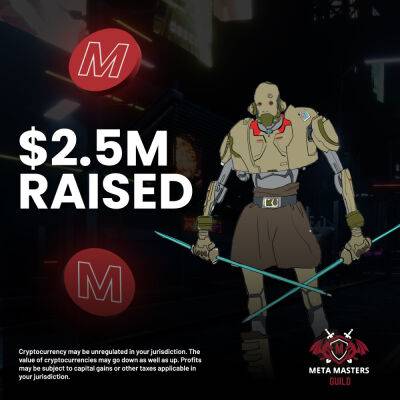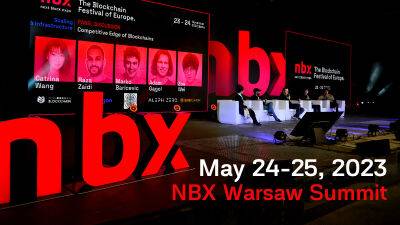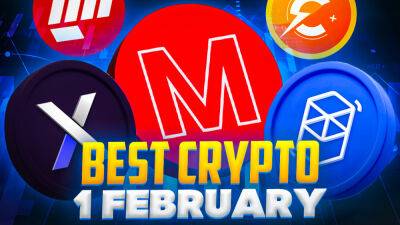Experience the Next Generation of Play-to-Earn Gaming With Calvaria - Biggest Presale of 2023?
The advent of blockchain technology has had a widespread impact on real-world activities. The distributed ledger technology now interfaces with healthcare, securities, and financial transactions. However, one place blockchain is making waves is in the gaming industry. Instead of providing the thrill of adventure alone, blockchain games now input a financial incentive into their play-to-earn (P2E) framework.
One radically different and unique blockchain game is Calvaria: Duels of Eternity, which allows plays to earn when interacting with the game.
Online card games operating on blockchain technology are becoming the norm now. The general idea is to provide a shared and immersive experience where anyone, anywhere, can participate in their favorite card games. Calvaria: Duels of Eternity falls under this umbrella as it is decentralized.
The platform provides an open ecosystem where players can easily compete with one another in a bid to outmaneuver each other. On Calvaria, players are tasked with the duty of assembling the best deck of cards in order to triumph over the tactics of their opponent. The winner gets rewarded with the platform’s RIA token and added to the leaderboard for that gaming session.
However, the best thing about Calvaria is not that it pays – the project provides more besides finance. For a start, each card is a non-fungible token (NFT). NFTs are unique bits of code that are indivisible and meant to show digital ownership of properties. What makes them unique is that each NFT comes with different traits and features that are separate from the others of the same fold. The more rare traits a card has, the more value it commands in the Calvaria NFT marketplace.
Another impressive attribute is the core mission
Read more on cryptonews.com

















